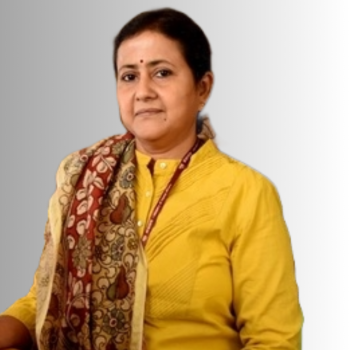
Macroeconomic Essentials
Completing Tax Reforms
Strengthening Federalism
Welfare Economics
Why some economists find it difficult to comprehend economic policy?
The grammar of economics dictates that the policy be either ‘left of center’ or ‘right of center’ so does the grammar of development. Neither allow for explaining out of box thinking, disruption or even plain common sense. In the run up to 2014 elections in a conversation with Mr Modi, I told him that it is difficult for textbook economists to understand his policies through the prism of ‘isms.’ His policy eschews ‘isms’ and looks at each issue from the prism of ‘inclusivity.’ Inclusive Economics and Inclusive Governance are the essence of Prime Minister Modi’s economic policy and a few economists are tying themselves in knots trying to understand this.

The biggest challenge being faced by the Indian economy is that of a confused narrative being spun by Indian economists taking pot-shots from foreign shores. The same economists whose contributions to the present slowdown are well documented. This, however, does not justify the homily-based growth bravado, which is equally counterproductive. Yes, we are facing a slowdown and no, it is not the end of the world as we know it.
Naysayers spurn doomsday prophesies with great alacrity in the hope of self-fulfilment. Yeasayers are not able to talk convincingly about what is going on or able to articulate plans that are underway to beat the slowdown.
Articulating a knowledge-based authoritative narrative on the strength of experience is the need of the hour.
Rising yet again to this patriotic duty, SKOCH Group is organising the ‘India Economic Forum’ on 29th November 2019 at Constitution Club of India. The objective of the Forum is to use the vast intellectual wisdom available within India to put the Indian economy in perspective.
The ‘India Economic Forum’ will deep dive into the macroeconomic essentials of growth and employment; completing tax reforms by rationalising personal income tax and GST; assess the state of state finances and the impact of new terms of reference for the 15th Finance Commission.
There are schemes that have performed brilliantly well and are changing the rural economic and development landscape. The Forum will take note of, and learn from, successful schemes such as Ayushman Bharat, Swachh Bharat, Ujjwala Yojana, as well as the Rural Transformation which is underway. It would also recommend ways to scale these further, converge more schemes and undertake drastic digital re-engineering on services delivery. It would try to highlight initiatives such as Aspirational Districts whose good performance and impact may be hiding in plain sight.
The grammar of economics dictates that the policy be either ‘left of center’ or ‘right of center’ so does the grammar of development. Neither allow for explaining out of box thinking, disruption or even plain common sense. In the run up to 2014 elections in a conversation with Mr Modi, I told him that it is difficult for textbook economists to understand his policies through the prism of ‘isms.’ His policy eschews ‘isms’ and looks at each issue from the prism of ‘inclusivity.’ Inclusive Economics and Inclusive Governance are the essence of Prime Minister Modi’s economic policy and a few economists are tying themselves in knots trying to understand this.
The biggest challenge being faced by the Indian economy is that of a confused narrative being spun by Indian economists taking pot-shots from foreign shores. The same economists whose contributions to the present slowdown are well documented. This, however, does not justify the homily-based growth bravado, which is equally counterproductive. Yes, we are facing a slowdown and no, it is not the end of the world as we know it.
Naysayers spin doomsday prophesies with great alacrity in the hope of self-fulfilment. Yeasayers are not able to talk convincingly about what is going on or able to articulate plans that are underway to beat the slowdown.
Articulating a knowledge-based authoritative narrative on the strength of experience is the need of the hour.
Rising yet again to this patriotic duty, SKOCH Group is organising the ‘India Economic Forum’ on 29th November 2019 at Constitution Club of India. The objective of the Forum is to use the vast intellectual wisdom available within India to put the Indian economy in perspective.
The ‘India Economic Forum’ will deep dive into the macroeconomic essentials of growth and employment; completing tax reforms by rationalising personal income tax and GST; assess the state of state finances and the impact of new terms of reference for the 15th Finance Commission.
There are schemes that have performed brilliantly well and are changing the rural economic and development landscape. The Forum will take note of and learn from successful schemes such as Ayushman Bharat, Swachh Bharat, Ujjwala Yojana as well as Rural Transformation which is underway.
It would also recommend ways to scale these further, converge more schemes and undertake drastic digital re-engineering on services delivery. It would try to highlight initiatives like Aspirational Districts whose good performance and impact may be hiding in plain sight.
The Macroeconomic Essentials
Narratives are key determinants of economic trends. When signs of an economic slowdown emerge, people begin postponing consumption purchases and investment decisions, further weakening consumer and investor confidence.
Recent measures announced by the government to reverse the economic slowdown, especially tax cuts, will improve the sentiment and support growth and jobs creation. But more needs to be done, as the Reserve Bank of India (RBI) has revised its GDP growth projection for this year to 6.1 per cent from 6.9 per cent it made in August.
The RBI’s Consumer Confidence Index shows a slowdown in consumption demand. The aggregate capacity utilisation has declined. More worryingly, while bank credit to commercial sector turned negative at Rs 1,287 billion in the first six months of the financial year (April-September 2019) against Rs 1,850 billion in the same period last year (Apri -September 2018), non-bank credit to commercial sector declined to Rs 2,197 billion against Rs 5,510 billion in the same period.
In good news, the current account deficit is expected to decline to below 2 per cent of GDP from 2.1 per cent of GDP in 2018-19. Ratings agencies expect that growing foreign direct investments, foreign portfolio investments and banking capital inflows will tip the capital account into surplus – of $70.0 billion – this year.
Key Issues:
- How to put Indian economy back on a high growth trajectory?
- How to ensure that the growth is job generative and spatially dispersed?
- What measures should be taken for lifting business and consumer mood and reviving animal spirit?
Completing Tax Reforms
Responding to slow growth, the government announced cuts in corporate taxes and the taxes for new manufacturing companies. This path-breaking reform will boost corporate profitability and improve the sentiment, which is a necessary condition for reversing the economic slowdown.
After the cuts, the Indian tax rate is now competitive with other economies including Vietnam, Singapore, Thailand and China. The timing of the move is excellent, given that many companies are looking to relocate their manufacturing base out of China in the wake of rising US-China trade tensions. The move can act as a big catalyst to attract fresh investments from foreign and domestic players over the medium term.
Is there a scope for relief on taxes on individuals now without bringing revenue under too much pressure? On the indirect taxes side, the Goods & Services Tax (GST) needs to become simpler, stable and predictable quickly. Its weaknesses are proving to be a drag on GDP growth, especially for the exports sector and the MSME segment. Plus, its collections are falling short of targets and potential. Perhaps a source of boosting revenue and making taxes more fair and efficient is the area of taxation of global companies in the digital space on which the OECD has proposed a major overhaul of the international tax system.
Key Issues:
- What immediate corrections are needed in the GST rates and collection system?
- Can GSTN based bill discounting be leveraged for better availability of credit?
- How can digital MNCs be taxed more efficiently in India? Is the OECD model an option?
Strengthening Federalism
Prime Minister Narendra Modi, as was visible during his tenure as chief minister of Gujarat, is an advocate of greater autonomy for states in terms of how they want to design their development programmes and spend their share of taxes. In fact, he has even argued in the past for state governments to be given the right to collect income tax.
Against this backdrop, the new terms of reference communicated to the 15th Finance Commission suggest to consider carving out a separate fund from the divisible pool of taxes to be specifically earmarked for internal security and defence-related spending—something that is constitutionally a central government responsibility.
The RBI’s latest report on states’ finances already shows that there is an increase in states’ indebtedness, with inter-generational consequences and sharp retrenchment in development expenditures.
Debt has risen persistently since 2015-16, led by schemes like UDAY. Non-development expenditure rose sharply during 2017-18 in a break from the past, led by committed expenditures such as salaries, pension and interest payments.
Financing via market borrowings is slated to go up. Debt liabilities rose through 2016-19 and are likely to remain around 25% of GDP in 2019-20, making sustainability of debt the main fiscal challenge.
Key Issues:
- What is the state of the states’ finances?
- What is the impact of the new terms of reference for the 15th Finance Commission on centre-state fiscal relations?
- What are the states’ fiscal challenges and what do these mean for the ongoing economic slowdown?
Welfare Economics
Prime Minister Modi has secured voter trust through his agenda of welfare programmes.
Among the programmes that stand out in the overall welfare bouquet are: One, Ayushman Bharat has improved capacity utilisation of healthcare infrastructure through better monitoring. Combining insurance and technology, the scheme has revolutionised delivery of free and quality healthcare services. 40 lakh poor Indians have availed free insurance benefits in less than a year, without having to do any paperwork. Two, Swachch Bharat is changing the behaviour towards cleanliness and hygiene. India is now an ‘open defecation-free’ country, as declared by Prime Minister Modi on the occasion of the 150th birth anniversary of Mahatma Gandhi. It’s only a matter of time when this achievement will lead to improvements in health outcomes. And three, PMGSY, DDU-GKY and other rural schemes for low-cost housing, electricity connections, cooking gas connections, no-frills bank accounts and MUDRA loans.
These schemes for skilling, physical and financial rural infrastructure will unleash entrepreneurial energies in the villages and unlock the economic potential there, reducing the India-Bharat divide.
Key Issues:
- Are welfare schemes sustainable without supporting systemic reform for ensuring there’s no undue pressure on state and central government finances and future liabilities?
- Having got the key welfare schemes right, should the next logical steps such as convergence of schemes and a complete digital delivery be taken?
- If despite a host of welfare schemes rural consumption is slowing, then does the approach need a re-look?
Gold Sponsors

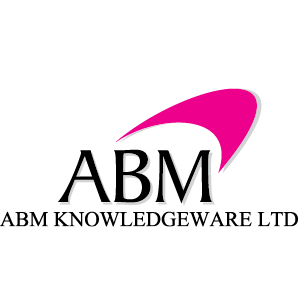






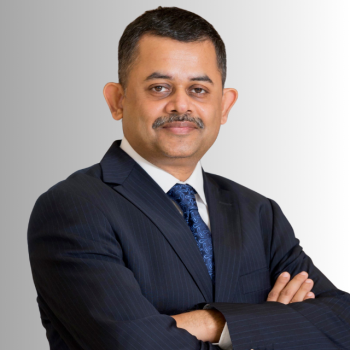
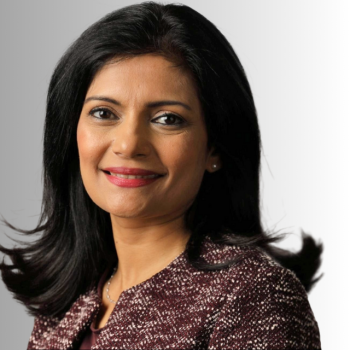
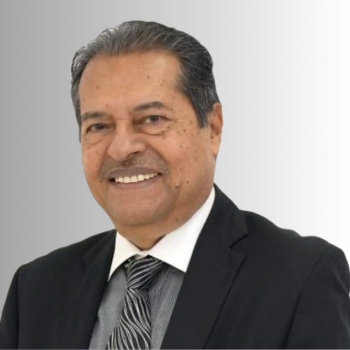
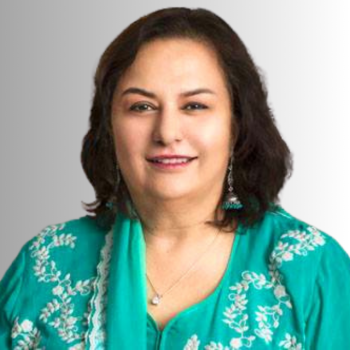

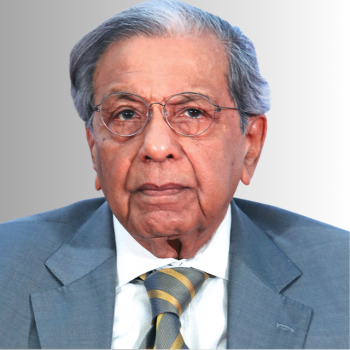
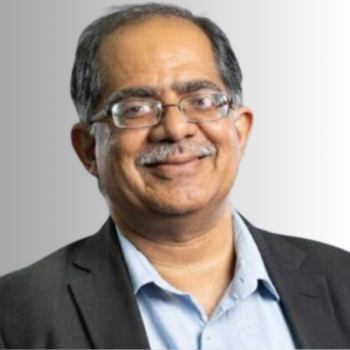
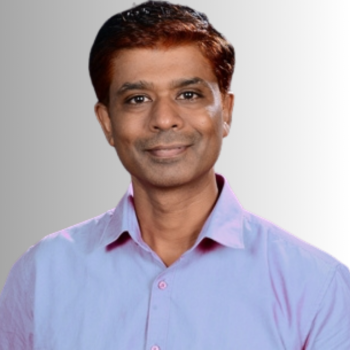
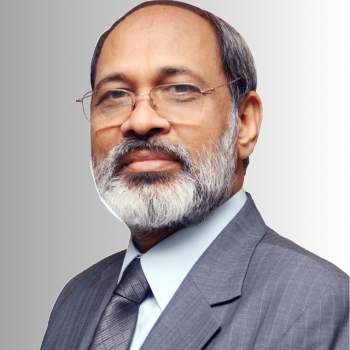
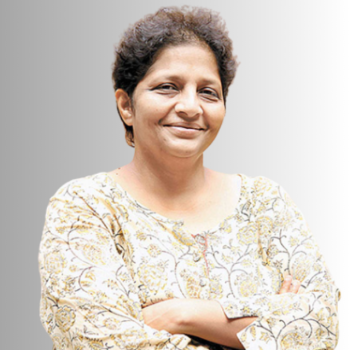
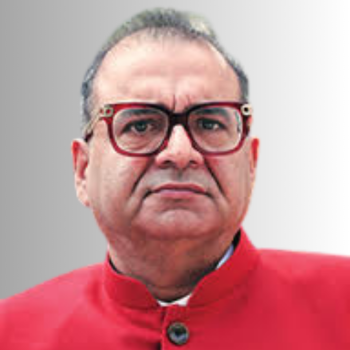
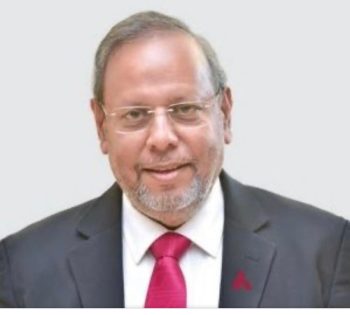
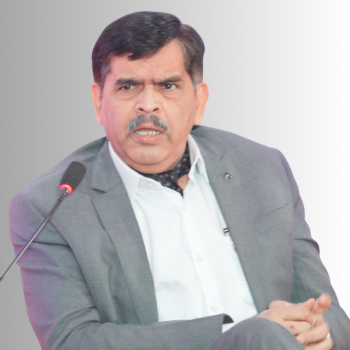 Dr Ashwani Mahajan, National Co-Convener, Swadeshi Jagaran Manch
Dr Ashwani Mahajan, National Co-Convener, Swadeshi Jagaran Manch